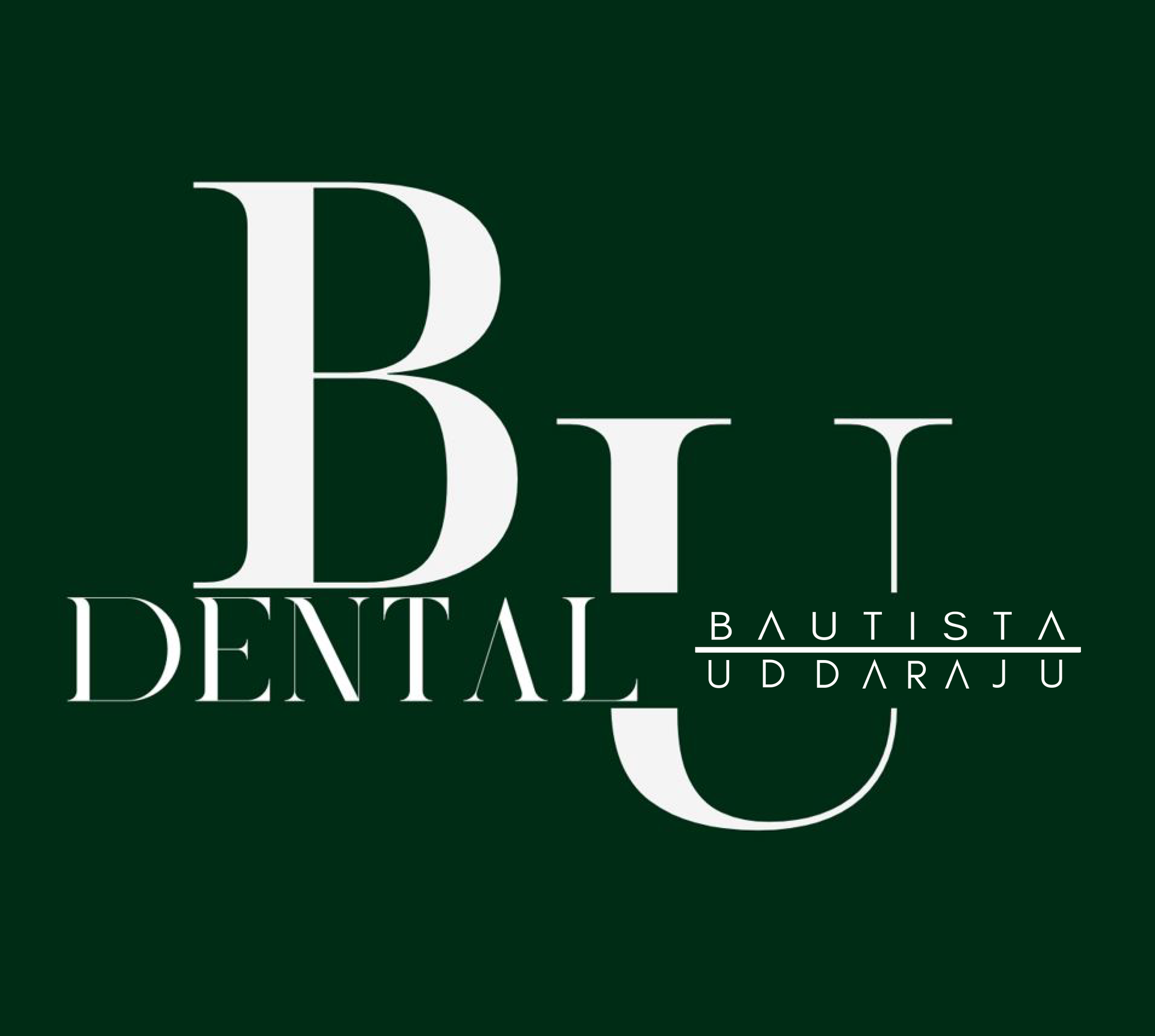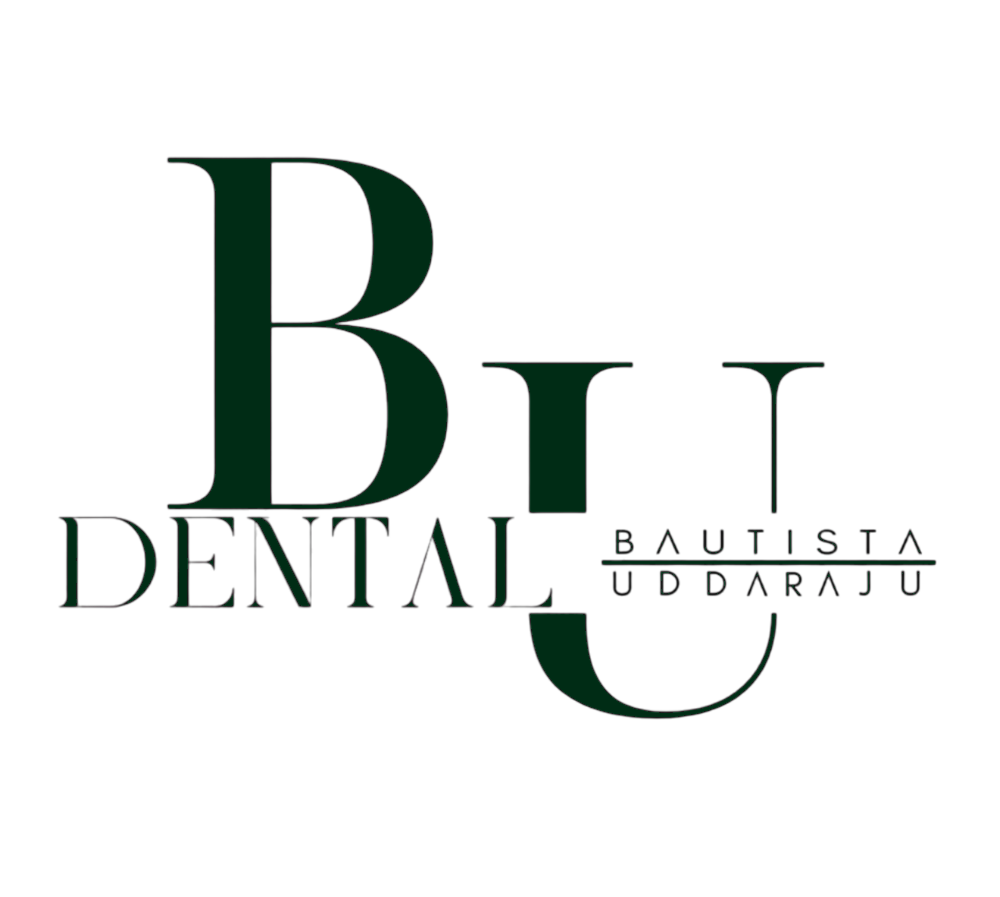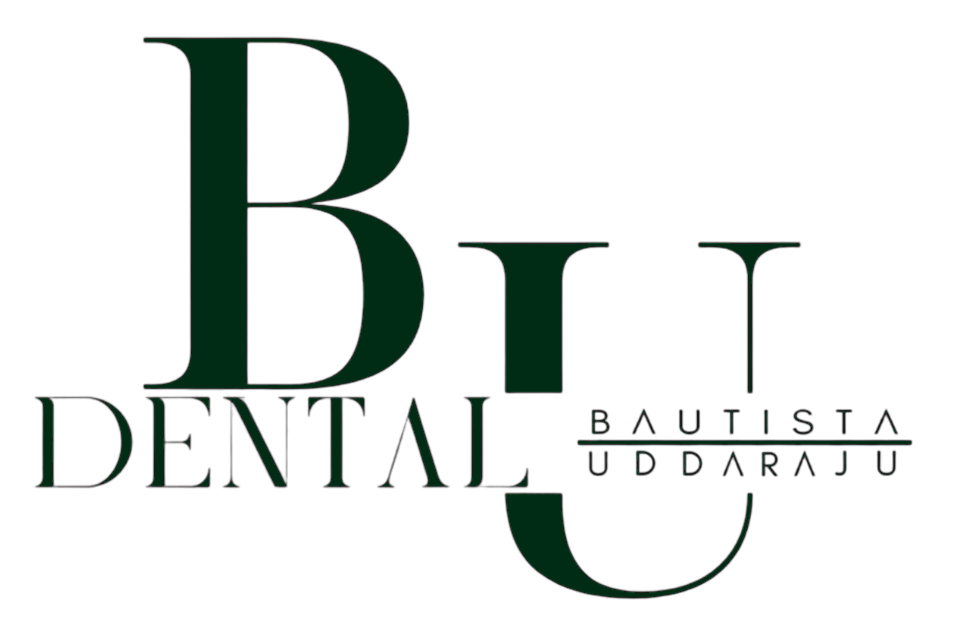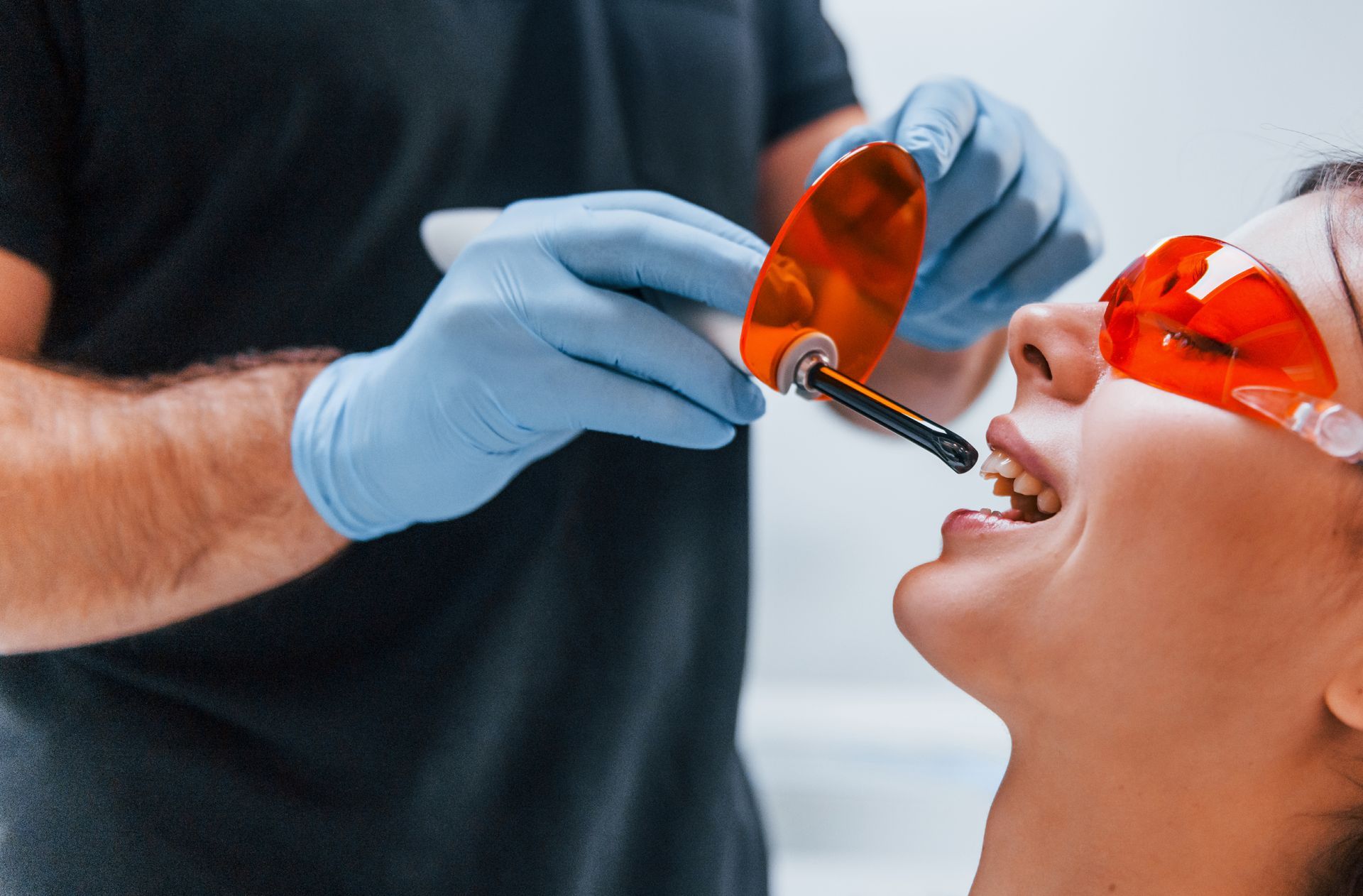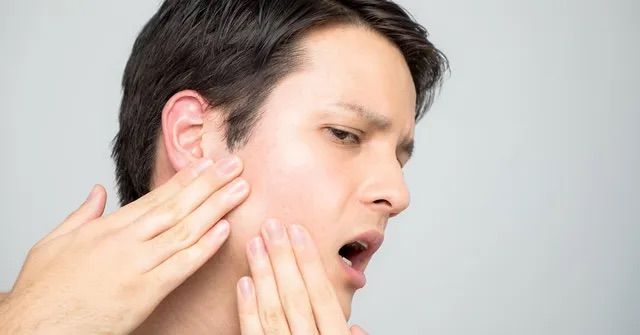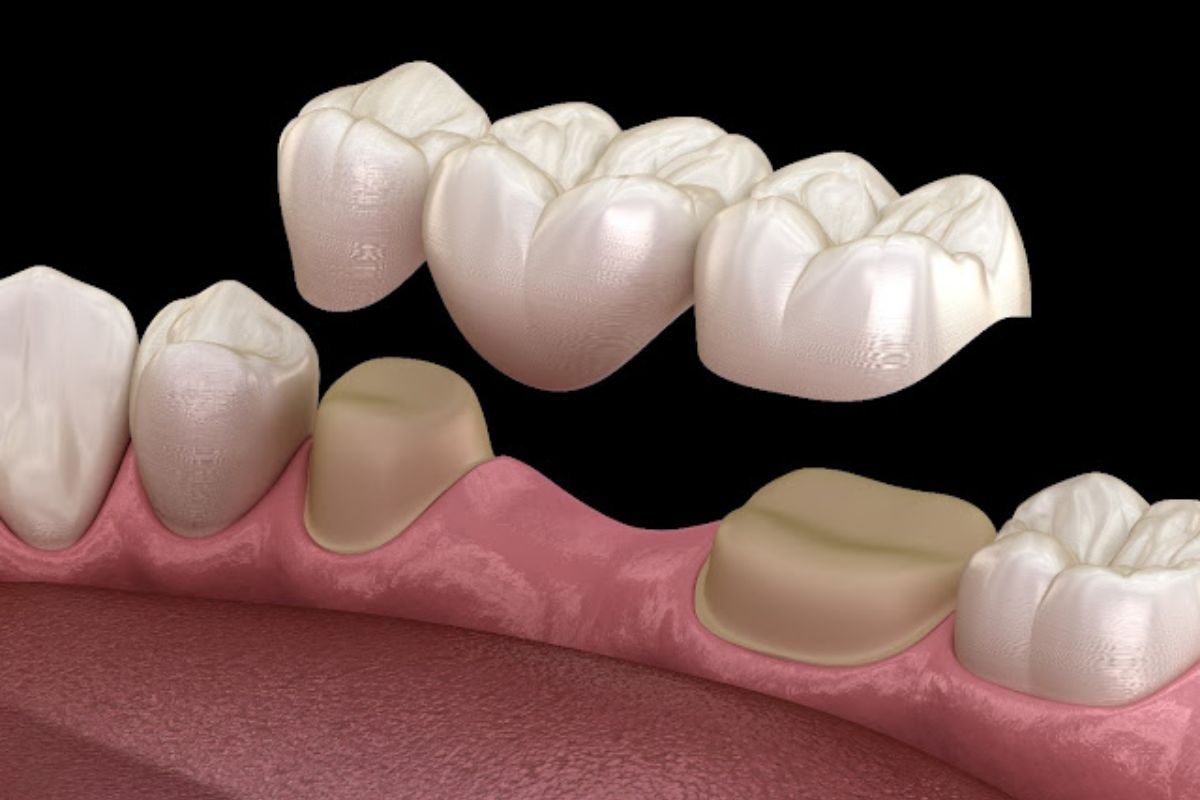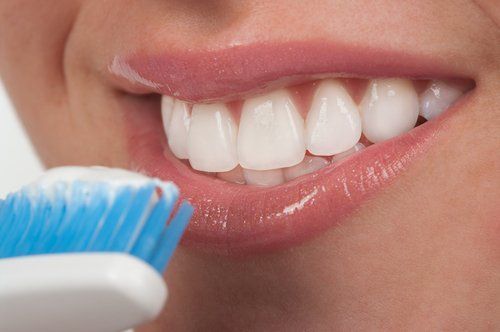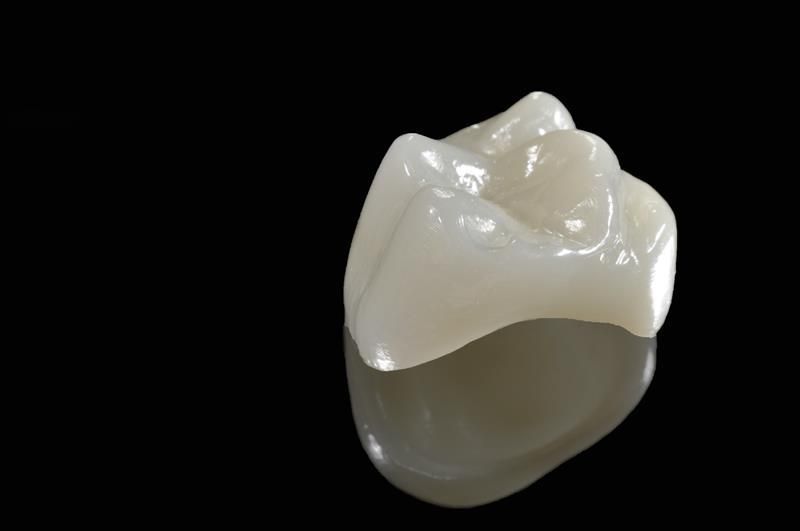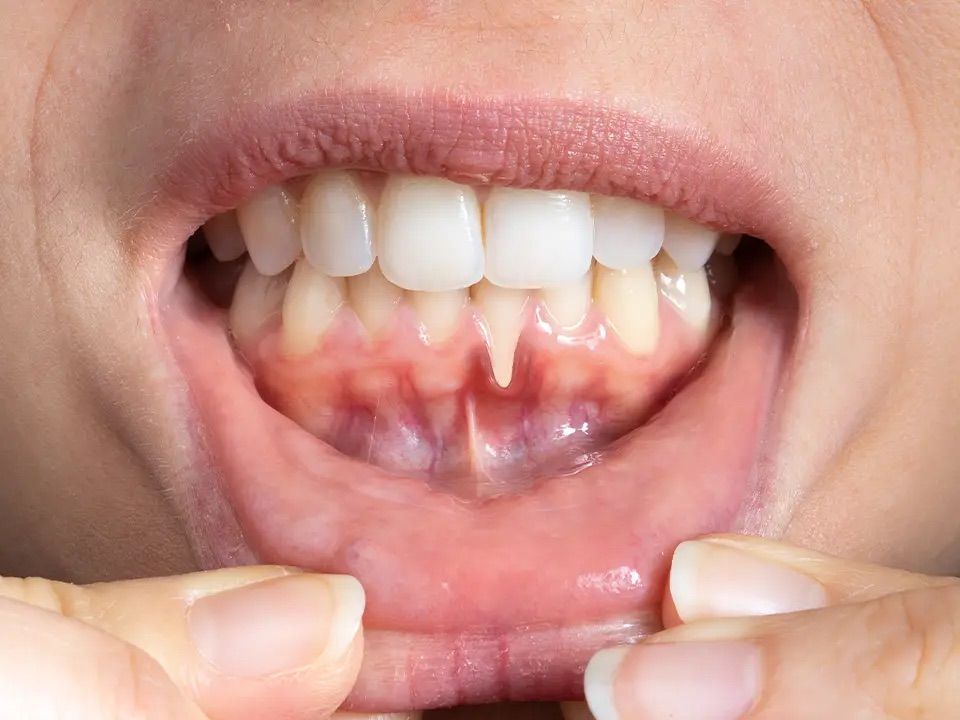What Your Teeth Say About Your Habits and Health
Your Smile Offers More Clues Than You Think
Best Dentist in Pleasant Hill, CA
Your smile is more than a reflection of how well you brush—it’s a mirror of your lifestyle, habits, and even your overall health. At BU Dental in Pleasant Hill, we often see firsthand how oral health provides key insights into systemic wellness. Whether it’s a sign of nutritional deficiency, stress, poor hygiene, or a chronic condition, your teeth and gums can tell a bigger story.
Understanding what your teeth may be saying can help you stay ahead of dental problems and take better care of your body as a whole. Let’s break down the signs your mouth might be giving you—and how to respond.
Discoloration: More Than Just Aesthetic
Tooth discoloration is a common concern. Whether caused by coffee, wine, tobacco, or aging, stains can leave your smile looking dull. But yellowing or dark spots may also indicate deeper enamel erosion or decay.
Patients who come to us looking for professional teeth whitening in Pleasant Hill are often surprised to learn how enamel health and diet contribute to staining. Excess sugar, acidic beverages, or poor brushing habits can speed up the breakdown of enamel, making teeth more susceptible to staining and sensitivity.
If you're hiding your smile because of discoloration, it's worth evaluating not only cosmetic options but also the underlying causes.
Cracks and Chips: Signs of Stress or Weak Enamel
Cracked or chipped teeth may result from trauma, but they can also reveal nighttime grinding (bruxism), a misaligned bite, or enamel weakened from acid erosion. In many cases, these small damages go unnoticed until a tooth becomes sensitive or breaks completely.
We see many patients who need restorative solutions like porcelain crowns to reinforce teeth that are too damaged to be repaired with a simple filling. These cases often serve as a wake-up call to address bite alignment, stress management, and dietary habits.
Cavities: Clues to Diet and Hygiene Gaps
Cavities are one of the most direct indicators of poor brushing and flossing—but they also point to sugary or acidic diets, dry mouth, or inadequate fluoride exposure.
When patients require repeated fillings or even tooth extractions, it's often tied to deeper hygiene or nutritional issues. Learning how to care for your teeth at home—combined with preventive dental visits—can prevent the need for more serious treatments.
If you're already dealing with missing teeth due to decay, options like dental implants offer a long-term solution while also restoring the function and appearance of your bite.
Gum Inflammation: A Red Flag for Systemic Health
Gum disease doesn’t just affect your oral health—it has been linked to conditions like heart disease, diabetes, and even cognitive decline. Red, swollen, or bleeding gums are not to be ignored. These are warning signs of an active infection, and catching it early makes treatment much easier.
For patients with advanced gum disease or tooth loss due to infection, options like full or partial dentures may be necessary. But our goal is always to prevent this progression through routine cleanings, early detection, and education on proper oral care.
Tooth Alignment: Insight into Breathing and Habits
Crooked teeth aren't just cosmetic. Malocclusion (bad bite) can contribute to headaches, jaw pain, sleep apnea, and tooth wear. Many patients who visit us in Pleasant Hill for orthodontic solutions like clear aligners are dealing with symptoms far beyond aesthetics.
Crowding, spacing, or bite issues can sometimes stem from habits developed early in life—like thumb-sucking, tongue thrusting, or mouth breathing. Correcting these issues doesn't just improve your smile—it enhances comfort, breathing, and long-term oral function.
Bad Breath: Often a Health Indicator
Persistent bad breath, also known as halitosis, can be caused by poor hygiene, gum disease, dry mouth, or even digestive problems. If you’re brushing and flossing but still notice odor, it’s worth bringing it up at your next visit.
Dry mouth, in particular, is often overlooked but can significantly affect oral health. It’s common in patients taking certain medications, and it increases the risk for decay and gum disease. Your dentist can help uncover the root cause and recommend targeted solutions.
Missing Teeth: A Sign of Past Health Neglect or Trauma
Tooth loss doesn’t just impact your ability to chew or speak—it can shift your bite, accelerate bone loss, and even change the shape of your face. Whether from decay, injury, or untreated gum disease, missing teeth are often a sign of past neglect or systemic imbalance.
Thankfully, modern dentistry offers several restorative options. From dental implants to custom-crafted dentures, our Pleasant Hill office can help you regain your smile’s function and appearance.
Dental Emergencies: Accidents or Preventable Issues?
Not all dental trauma is avoidable, but many emergencies we treat could have been prevented with earlier care. If you’ve ever searched for an emergency dentist near Pleasant Hill due to sudden pain, swelling, or broken teeth, it’s important to consider the root cause.
Ongoing decay, untreated cavities, or weakened fillings can eventually reach a breaking point. A small issue left unaddressed often leads to more complex (and painful) emergencies.
Clues from Dental Wear: Grinding, Diet, and Stress
Enamel wear, flattened teeth, or jaw discomfort often points to bruxism—nighttime grinding or clenching. It’s commonly stress-related and can lead to fractured teeth, headaches, and even TMJ disorder.
If we spot signs of wear during your exam, we may recommend a custom nightguard to protect your teeth, or explore potential causes like sleep disruptions, bite misalignment, or unmanaged anxiety.
How BU Dental Connects the Dots
At BU Dental, we go beyond surface-level care. We take time to understand how your lifestyle, nutrition, stress, and systemic health interact with your oral wellness. Whether you're coming in for a simple cleaning, an exam for new dentures, or a consultation for cosmetic improvements, we’re always evaluating the bigger picture.
Our comprehensive approach means:
- Listening to your concerns.
- Using advanced diagnostics.
- Crafting custom treatment plans.
- Offering restorative and cosmetic solutions that align with your health goals.
Final Thoughts
Your teeth are like a roadmap—they reveal where you’ve been and where your health may be heading. Paying attention to the signs they show can help you stay proactive and avoid more serious issues down the line.
If it’s been a while since your last dental visit—or if you’ve noticed changes in your smile—now is the time to schedule an appointment. Whether you’re exploring cosmetic enhancements like teeth whitening or need long-term support through dental implants or dentures, BU Dental in Pleasant Hill is here to help you protect, restore, and love your smile.
401 Gregory Ln, Pleasant Hill, CA 94523, United States of America
